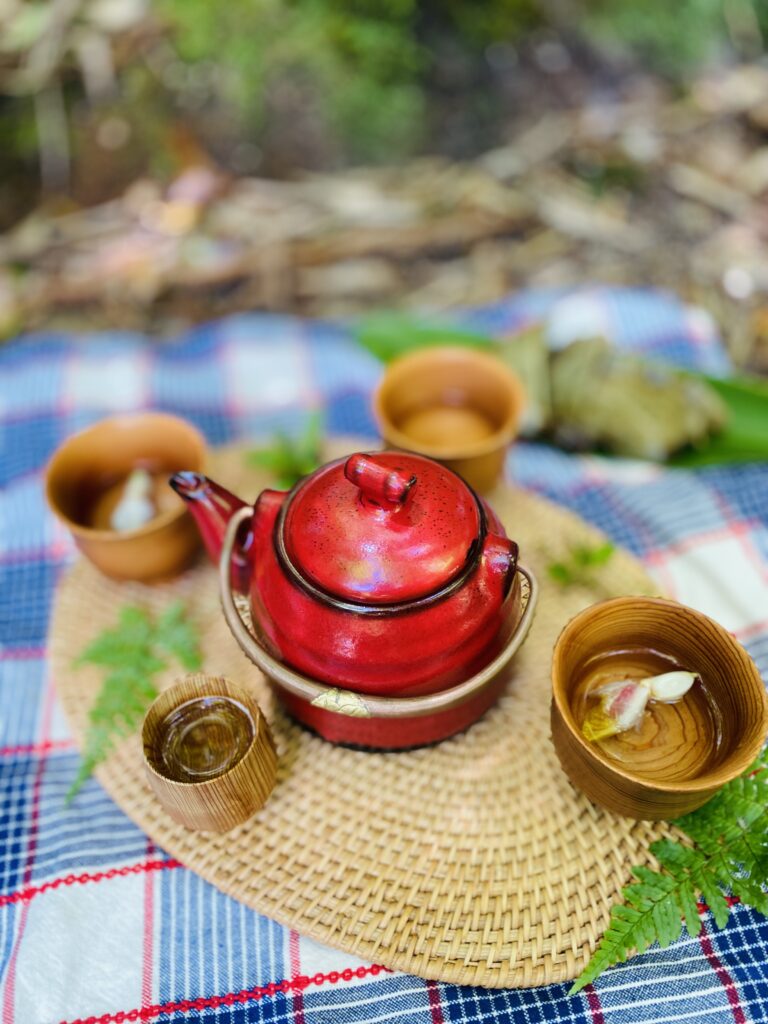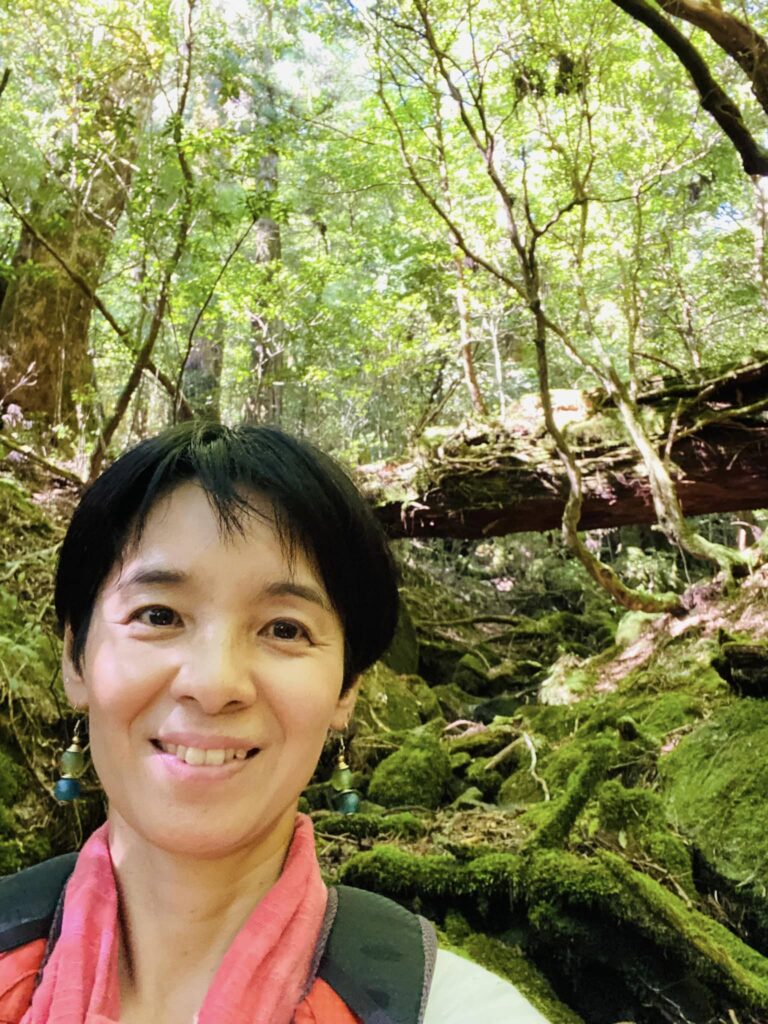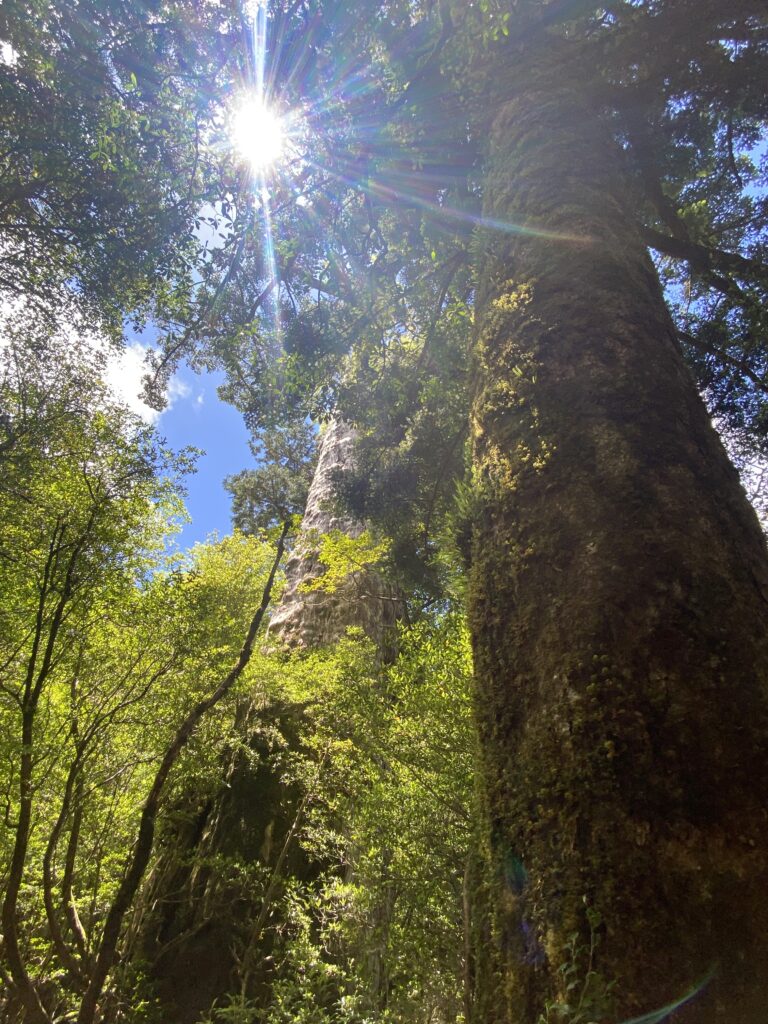Off the coast of southern Japan lies the mystic green jewel of Kagoshima Prefecture: the island of Yakushima. Subtropical forests blanket this island—forests that contain some of Japan’s oldest living trees, famously called Yakusugi. Each of these spectacular trees are more than one thousand years old. The oldest are even estimated to be of an age of up to seven thousand years.
With over 1,900 species of plants, over seventy of which are endemic, 700 species of moss, and shores teeming with sea life, residents of Yakushima enjoy a bountiful cornucopia of seafood and edible plants. This abundance is made possible by the constant flow of the water cycle, which brings up to 10,000 mm of rain to the island each year. The water cycle also plays another important role in everyday life on the island: nearly 100% of Yakushima’s electricity needs are met by hydroelectric power generation, bringing Yakushima that much closer to its eco-friendly and carbon-free goals.
Yakushima’s misty climate gives life to dramatic ravines, flowing rivers, and stunningly green carpets of moss—a dream for forest therapy. These wild and ancient forests are well-protected by both the gods of folklore as well as a UNESCO World Heritage designation. This woodland dreamscape famously served as the inspiration for the magical scenery of Studio Ghibli’s ‘Princess Mononoke’.
The otherworldly cedar forests are Yakushima’s sight-seeing darling, with well-marked hiking trails that span all manner of valley, ridge, and peak to accommodate all levels of hikers. However, Yakushima also has a wealth of other gems up its sleeves.
The bountiful rainfall creates impressive waterfalls, one of which can be approached by kayak from the sea. Yakushima’s unspoilt beaches offer coral ecosystems perfect for snorkelling, as well as opportunities to watch sea turtles nest and hatch in the summer. The island is also home to several simple and wild hot-springs, including natural-rock baths at the seaside.
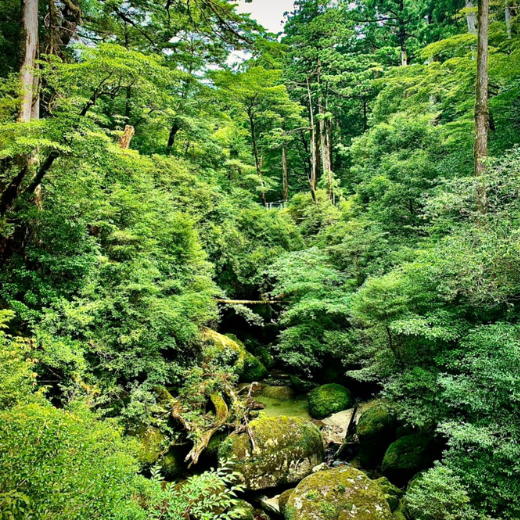

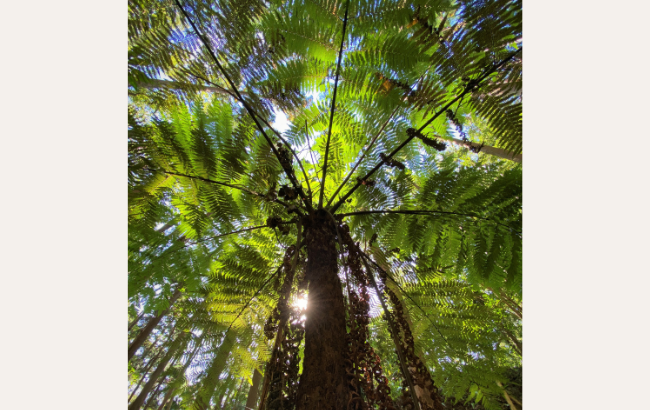
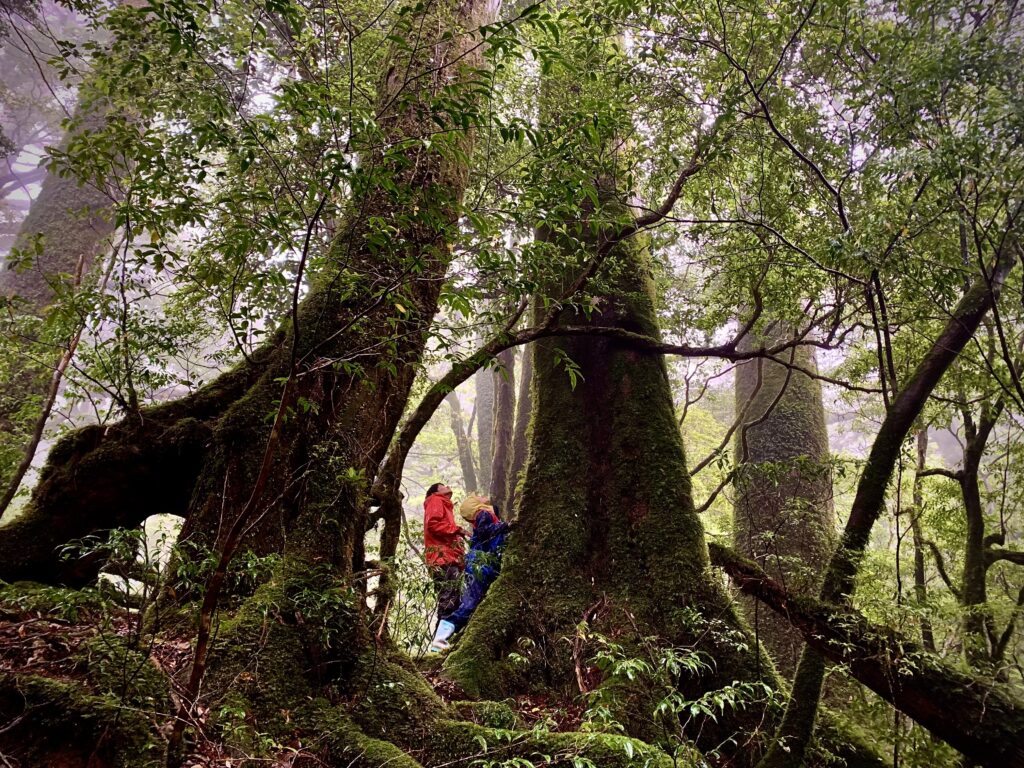
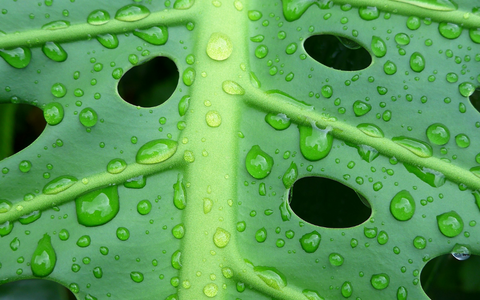
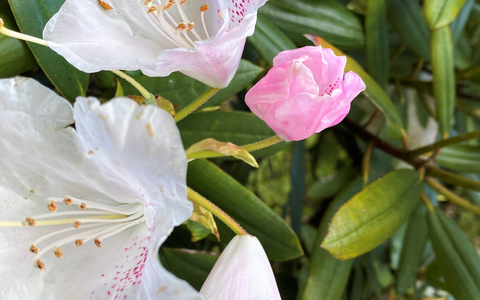
What is Shinrinyoku?
Shinrinyoku, or forest bathing, is a wellness practice that involves spending slow-ticking time in natural environments and forested areas. It involves engaging in activities such as sensory awareness practices, breathing exercises, and meditation to enhance one’s physical and mental health status. The focus is on being present in the moment and paying attention to the sights, sounds, smells, and sensations of the natural world. As explained below, those activities can be enhanced by far if you are with a well-trained forest therapy guide.
The term shinrinyoku was first coined in 1982 by the Japanese Ministry of Agriculture, Forestry, and Fisheries. It was introduced as a public-health initiative just as the detriments of ‘modernity’ were beginning to show in society—increasing rates of cancer, heart disease, autoimmune disease, stress, and suicide.
There have been a number of studies that show both physical and mental benefits to forest bathing. While in the forest, we are breathing in volatile organic compounds called phytoncides that not only protect the tree from germs and parasites, but also have medicinal properties and encourage natural killer (NK) cell activity in human bodies. NK cells are an important part of our immune system; they are cancer-fighting lymphocytes that seek and destroy virus-infected cells, tumour cells, and stressed cells.
Aside from its tangible health benefits, shinrinyoku is, at its core, a way to get out of our heads and reconnect with nature. It is an opportunity to nurture our relationships with ourselves and the more-than-human world.
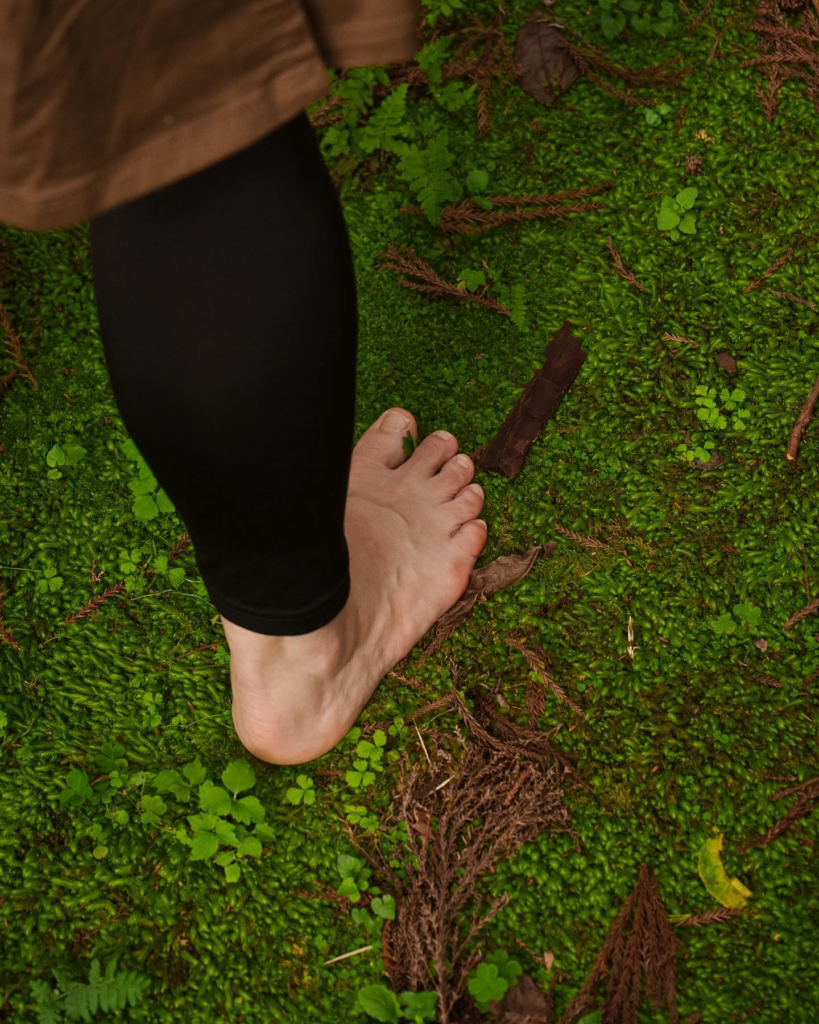
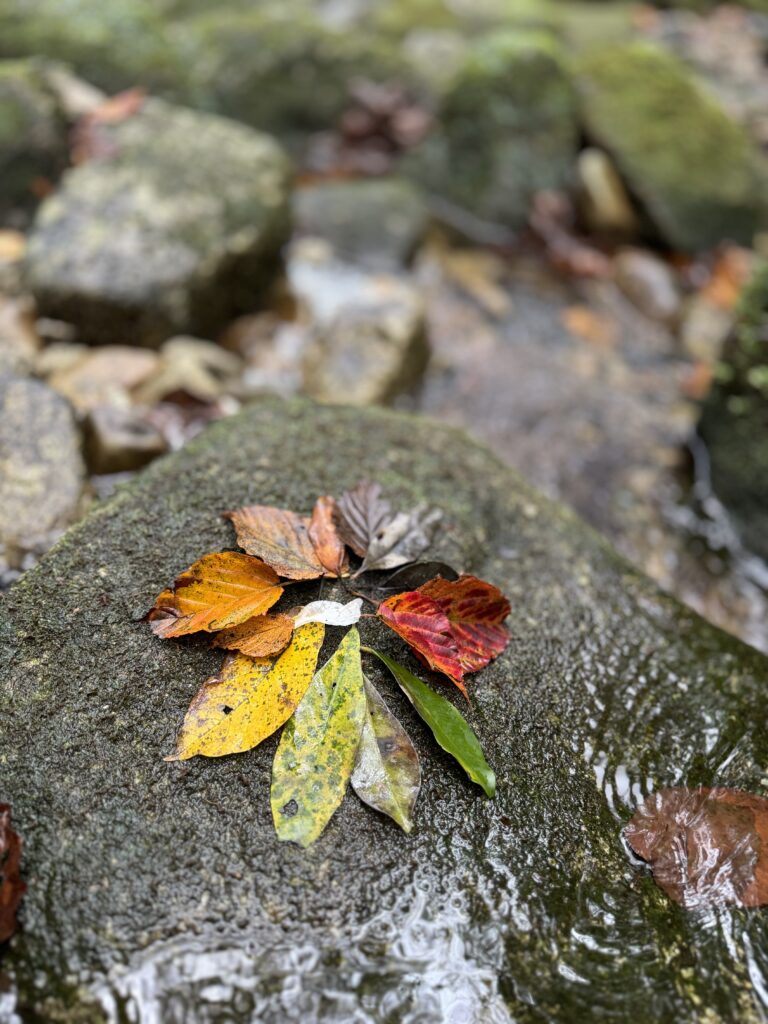
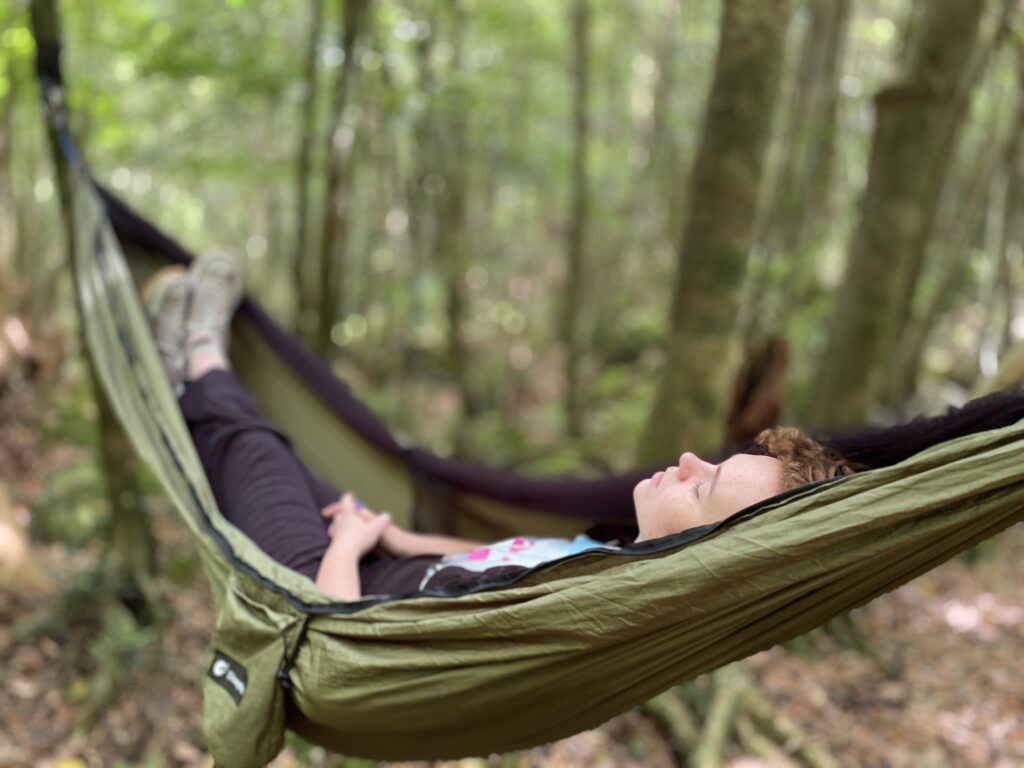
Forest Therapy + Shinrinyoku
Forest Therapy promotes the improvement of human health. People are more stressed, anxious, and depressed than ever before—with the chronic health conditions to match. Forest Therapy provides a pathway for people to remember how to immerse themselves in nature, and take a rest from all that consumes them in their daily lives.
Some scientifically-evidenced benefits of forest bathing include:
- Decrease in stress-hormone levels
- Stabilisation of blood pressure and pulse rate
- Regulation of the autonomic nervous system and parasympathetic dominance
- Immunity benefits (e.g. increased NK cell count)
- Inverse relationship between forest coverage (↑) and cancer mortality rate (↓)
- Melioration of depression symptoms
- Improvement in sleep quality
In addition to these corporeal benefits, forest bathing also imparts upon us a greater sense of compassion and connectedness. A heartfelt, embodied relationship with nature naturally leads to a love of the natural world and the recognition that we are, ourselves, nature.
Somatic work with the Earth and our bodies provides us with an invaluable opportunity to reflect upon the reciprocal nature of relationships and all the ways in which we are connected to one another. This sense of connectedness leads towards compassion and away from apathy, greed, and selfishness. This deeper compassion supports the kind of relational values that will support new solutions for the health of people and the planet.
<References>
B.J. Park, Y. Miyazaki et al. The physiological effects of shinrin-yoku: evidence from field experiments in 24 forests across Japan. Environmental Health and Preventive Medicine 15 (1) 18-26, 2010
H. Ochiai, Y. Miyazaki et al. Physiologial and psychologial effects of forest therapy on middle-aged males with high-normal blood pressure. Int J Environ Res Public Health 12 2532-2542, 2015
Li Q. et al. Forest bathing enhances human natural killer activity and expression of anti-cancer proteins.Int J Immunopathol Pharmacol. 20(2 Suppl 2):3-8, 2007
Li Q. et al. Visiting a forest, but not a city, increases human natural killer activity and expression of anti-cancer proteins. Int J Immunopathol Pharmacol. 2008 Jan-Mar;21(1):117-27
Atchley RA, et al. Creativity in the wild: Improving creative reasoning through immersion
in natural settings『PLoS ONE 7(12):e51474.http://doi.org/10.1371/journal.pone.0051474』(2012)
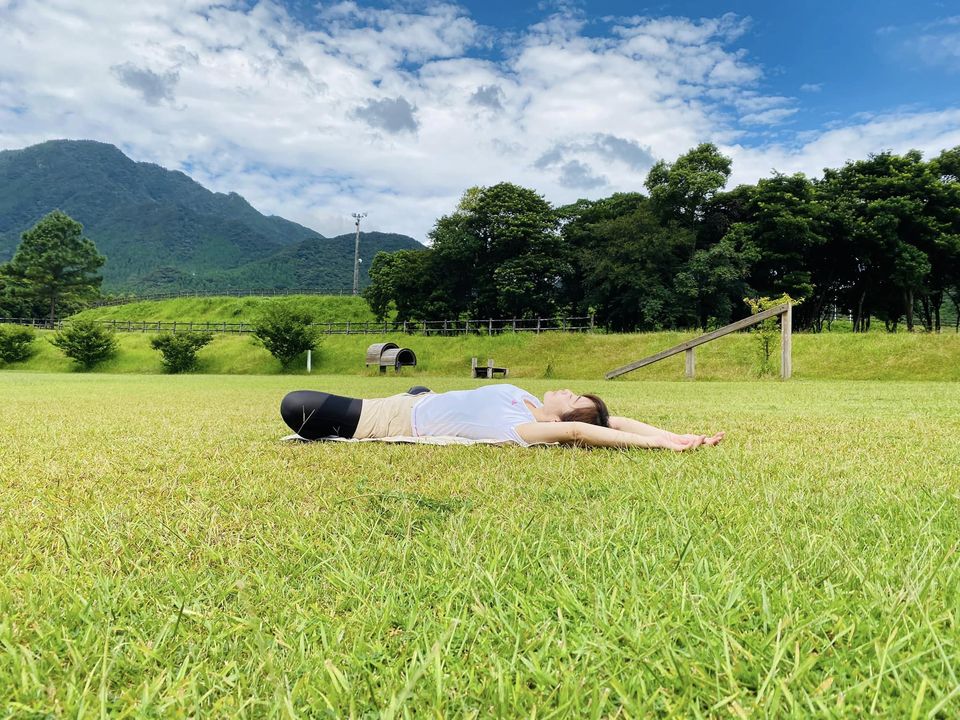
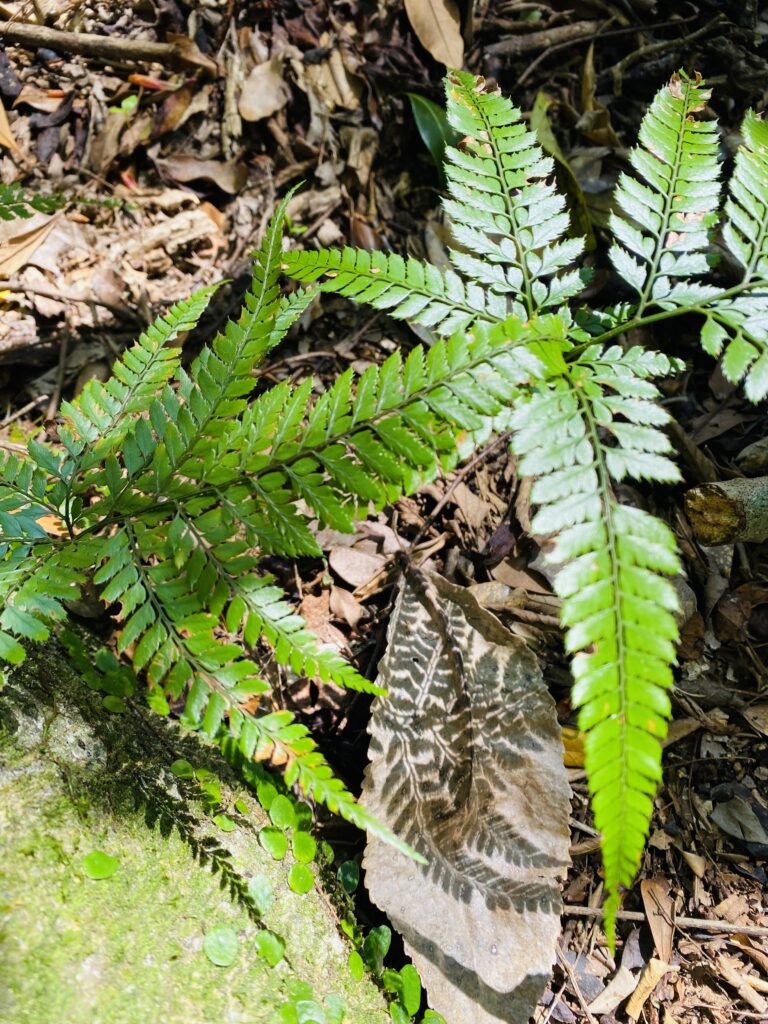
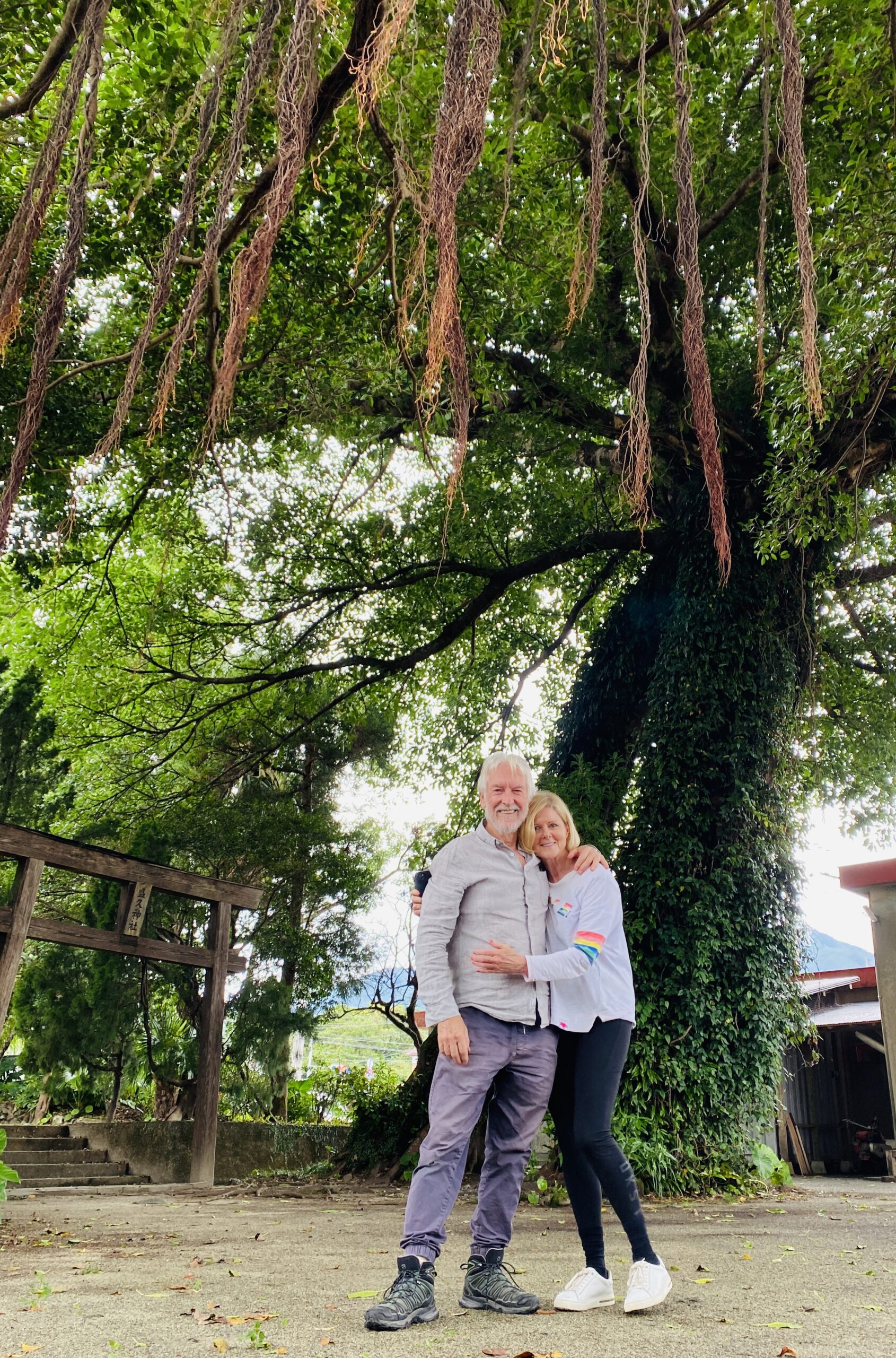
Why “deep Shinrinyoku” with professional forest therapy guides by KaleidoForest?
KaleidoForest has well trained guides who are certified not only by the Japan-based Forest Therapy Society, but also the US-based Association of Nature and Forest Therapy Program and Guides (ANFT).
In general, it is not so easy for us people today to shift from “thinking mode” to “sensory mode”. Thus, our guides are equipped with the skills and qualifications to help participants connect with nature mindfully, and can provide guidance on various therapeutic techniques and exercises.
In our KaleidoForest program (the deep Shinrinyou), participants are guided through a clearly-defined sequence of invitations to
① slow down,
② allow the senses to open, and
③ mindfully experience the natural environment in order to deepen the reciprocal relationship between participants and the forest. This supports the wholeness and well-being of both.
These slow walks in the Forest are typically one to two kilometers in length and are suitable for all ages and physical conditions. The KaleidoForest team will identify an appropriate location and set of activities to fit your needs based on an assessment prior to the program day.
Invitations are both nonobligatory and open-ended. There are no expectations for what participants should experience or receive. Rather, participants spend time in mindful silence, listening and feeling with a quiet and accepting presence. They reconnect to their senses and tap into their innate creative potential, which allows the emotional imagination to awaken.
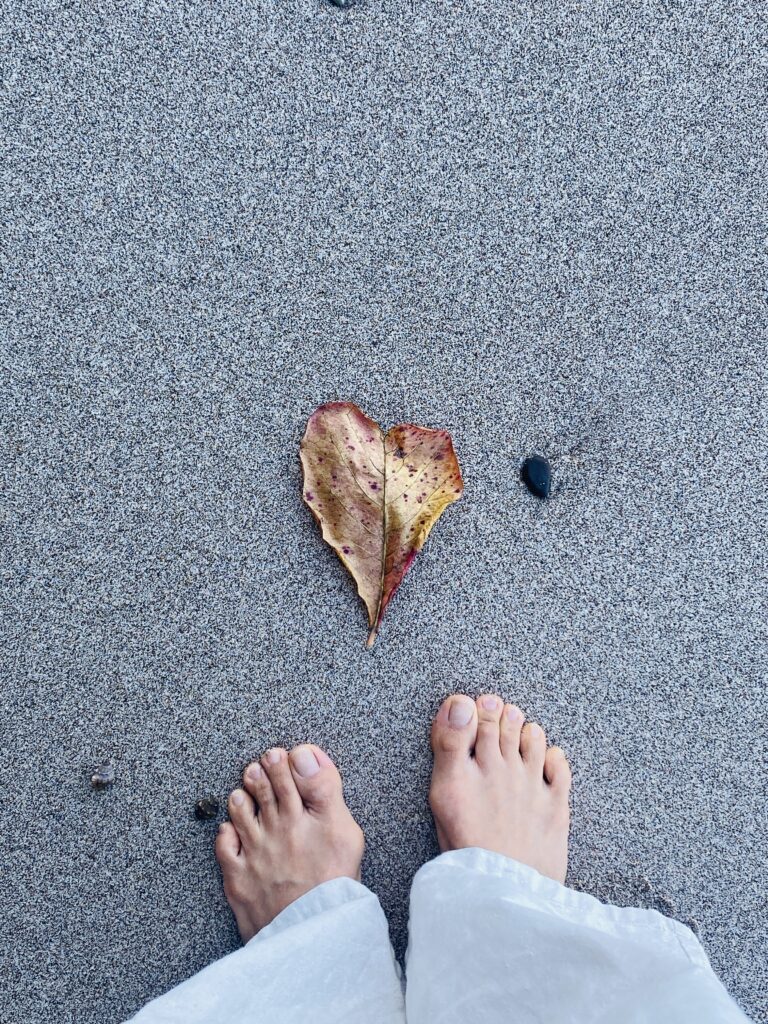
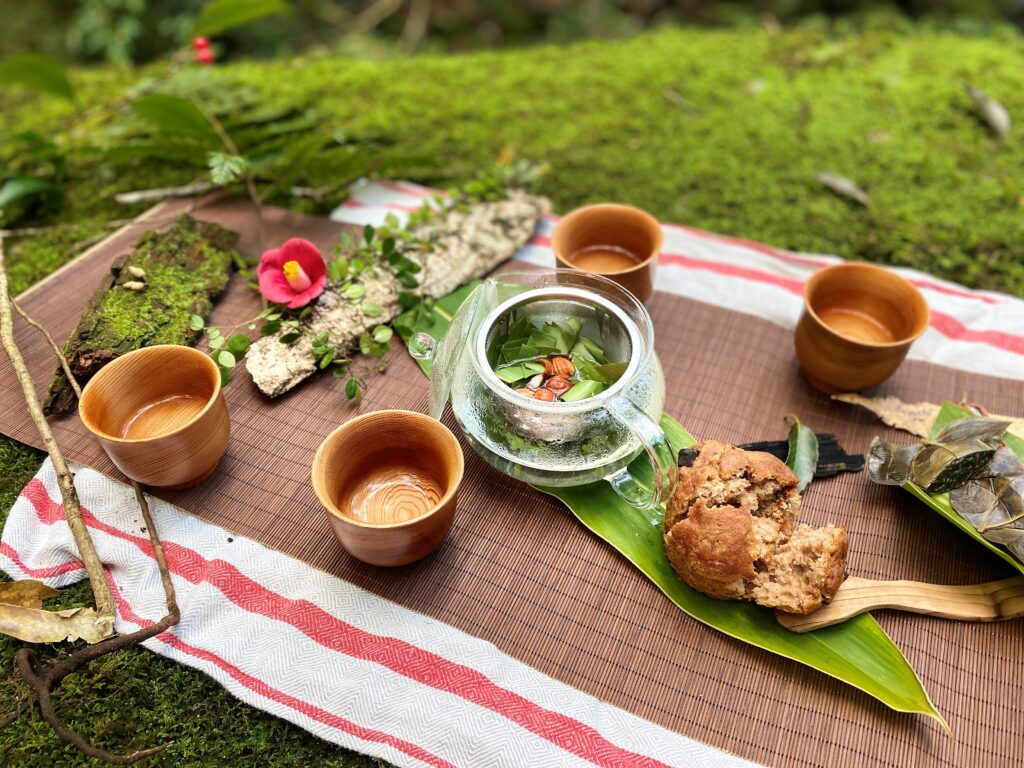

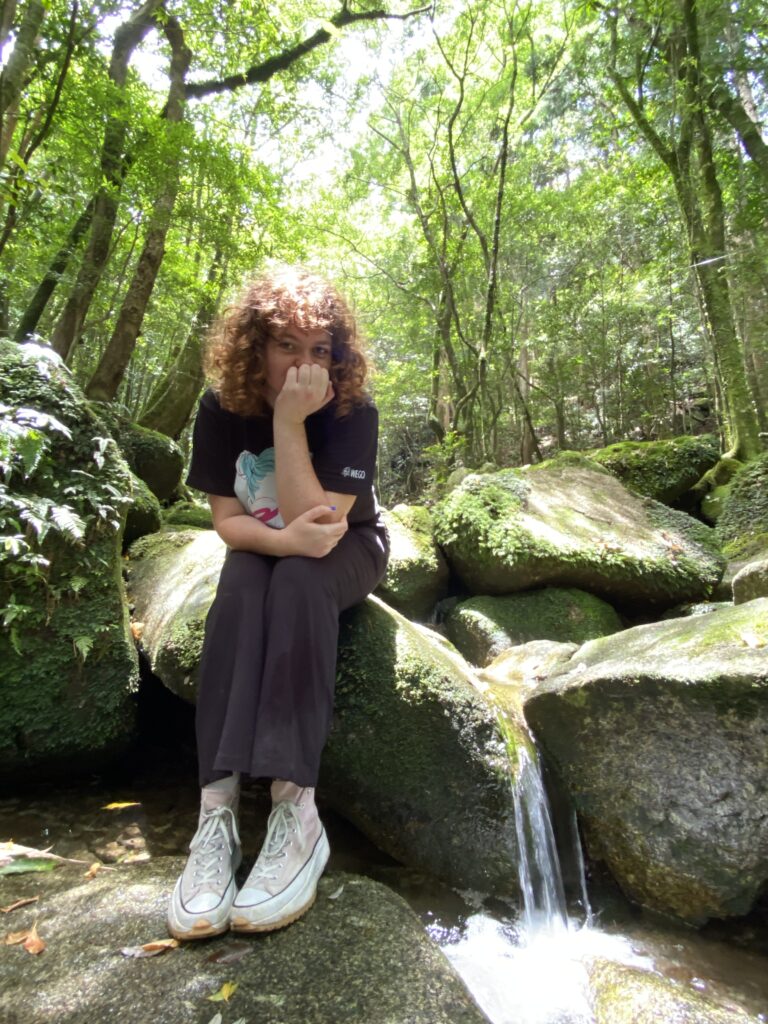


The deep Shinrinyoku is an experience that takes you far away from your usual routine and into the forest. Like many of us, you may have previously spent some time in the forest on a hike, or on a picnic, or perhaps doing another of the plethora of outdoor recreational activities available to us.
Whilst it may utilize the same natural setting, this time we will discover a fresh, new facet of the forest.
We will walk along another path, look around us in a different light, and perhaps even feel a different flow of time unique to the deep Shinrinyoku experience.
We will guide you through the forest using effective forest therapy techniques while opening your five senses—as well your heart. Sensory experience, embodiment, and grounded cognition are the paths we will walk through the nutritive green of the forest.
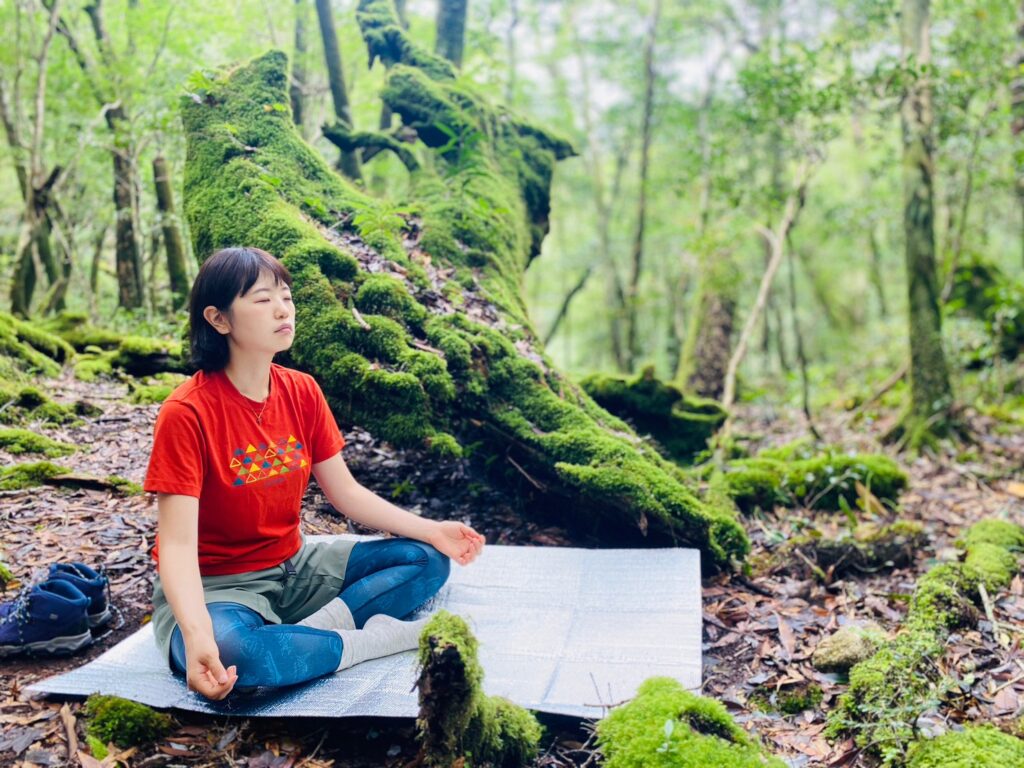
The deep Shinrinyoku provides an opportunity to gain insight into the Self that falls by the wayside in the hustle and bustle of our busy daily lives. Under the auspices of the forest, our guides will help you to re-calibrate and re-triangulate your relationship with yourself and the living world around you. In addition to a pleasant and mindful experience in nature, let the forest help you to embody your own emotions, clicking hidden parts of yourself into place to reveal a tessellating matrix of heart-blossoms in myriad colour.
Reconnect with your emotional center. Pay attention to the needs of your heart and the care it requires. Rekindle your spark for life, find new angles from which to approach the world, cultivate sympathy and compassion, and drink from the endless wellspring of inspired creativity. The forest supports us in all of these endeavours.
No matter where your unique shinrinyoku experience brings you, you will walk away with a deeper understanding, appreciation, and acceptance of nature. And this, after all, is the ultimate blessing of Yakushima.
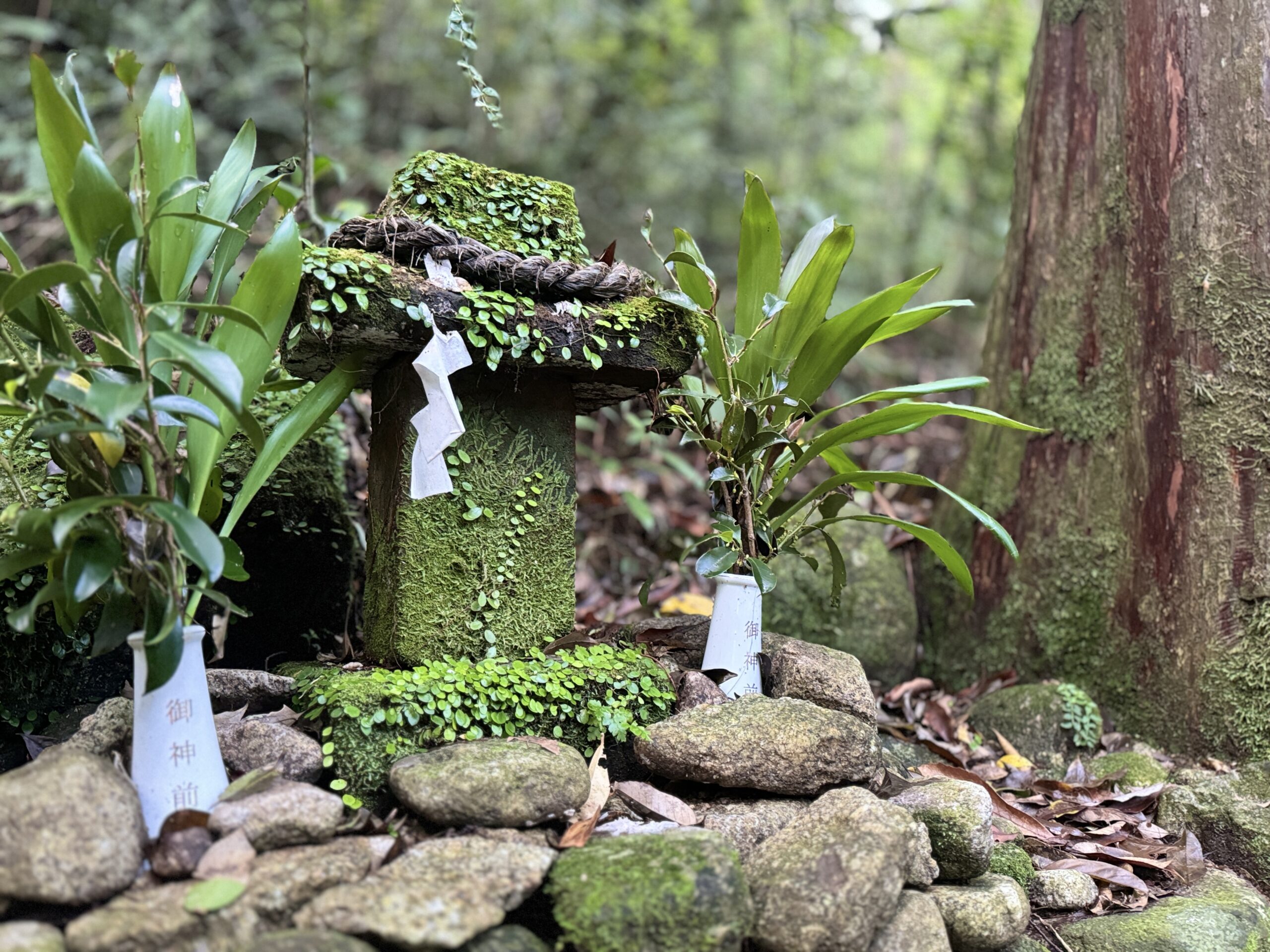
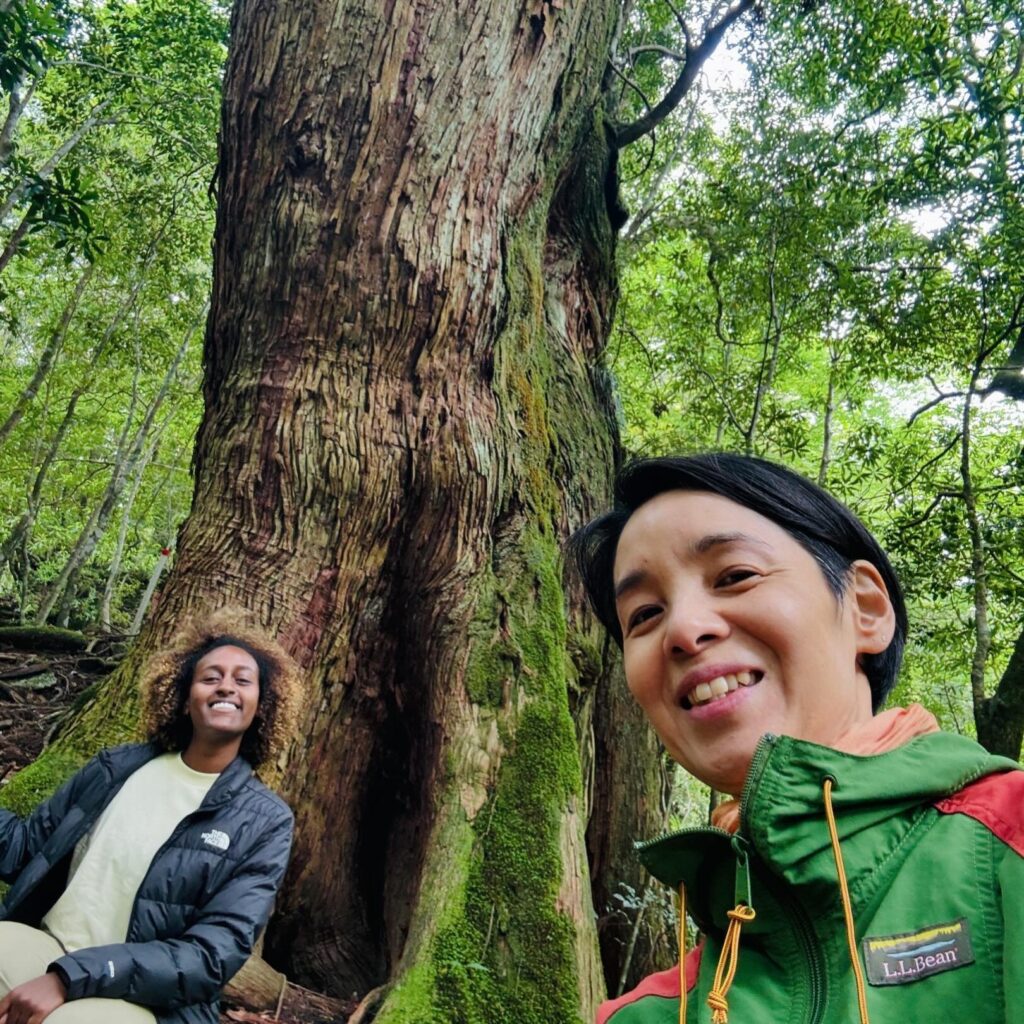
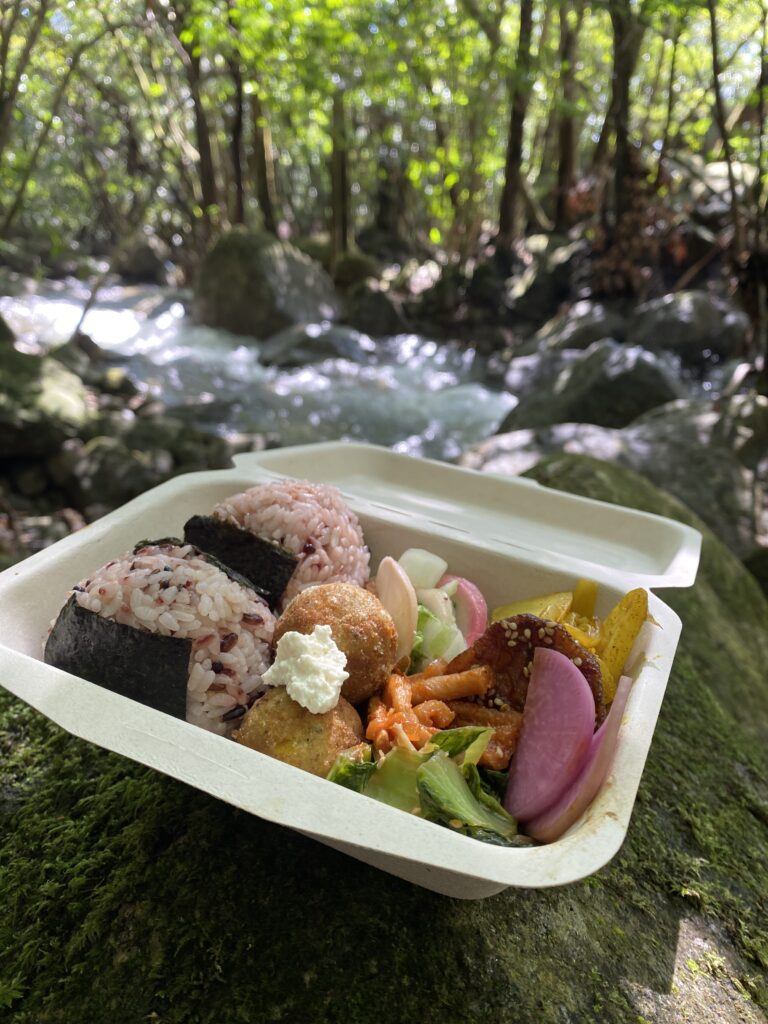
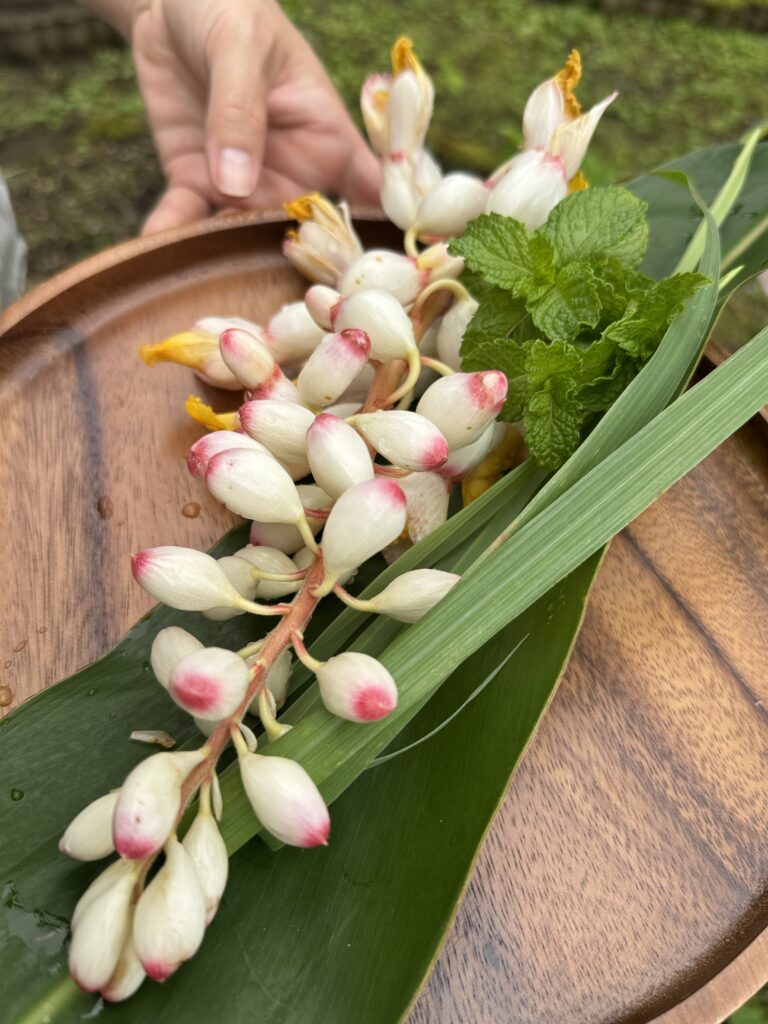
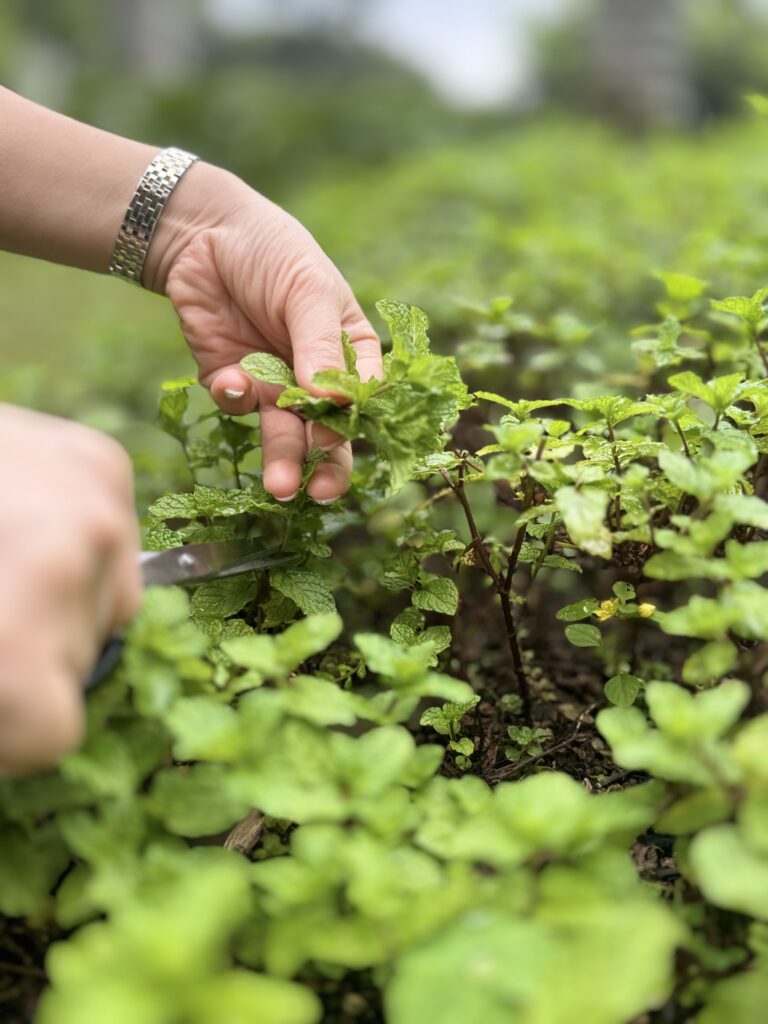
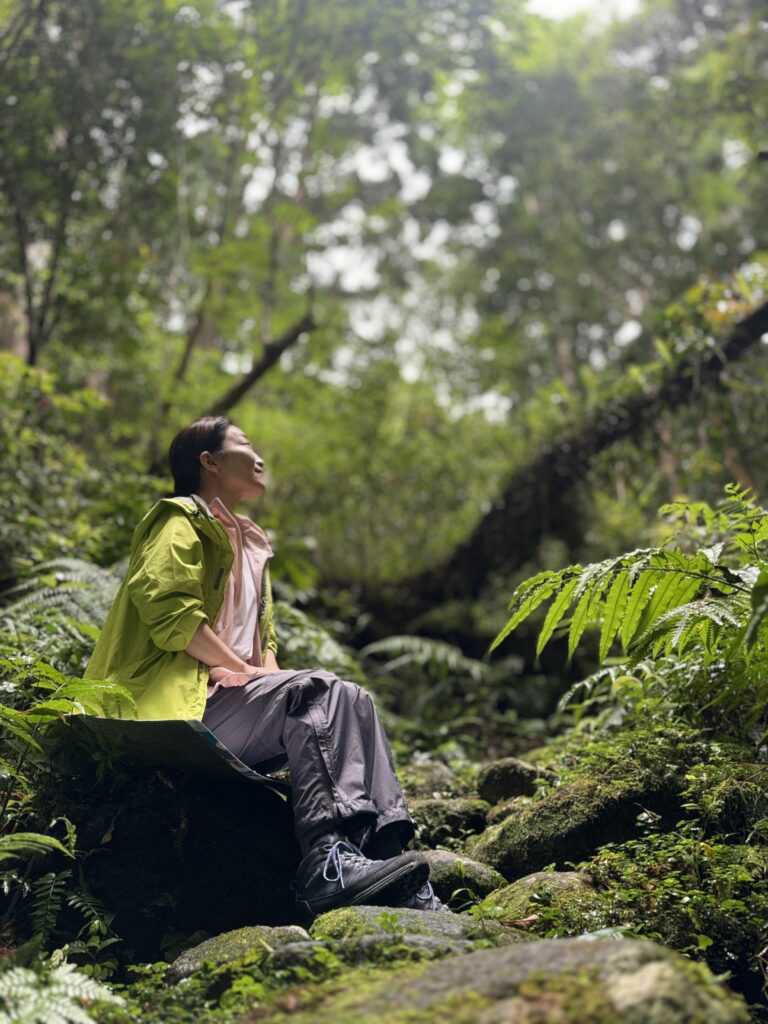
Session Menu & Prices
・One-day session ( ¥27,000 yen / person + tax )
includes vegan lunch, tea & snack, hammock, art-work and any other necessary equipment
・Half-day ( AM / PM ) session ( ¥20,000 yen / person + tax )
includes tea & snack and necessary equipment
Basic flow (one-day session)
Morning: shrine visit, orientation, warm-up stretch, sensory connection sessions, sharing
Lunch: therapy lunch, napping in a hammock
Afternoon: sensory connection or solo walk, tea gathering, art-work and final sharing
Additional Information
What to Bring:
・Daypack & drinks
・Towel & rain gear (rainwear and umbrella)
・Insect / leech repellent spray
・Additional warm clothes to your liking
A Note on Attire:
・Comfortable clothes (long pants and socks to cover the ankles) and comfortable shoes.
・Warm clothes like jacket or overcoat, especially in the fall and the winter seasons (slow-flowing time spent in the forest can be quite cool upon the skin, especially when you’re resting in a hammock).
・Appropriate outdoor attire to move through the bush & avoid insect bites.
Extra Bits:
・Cancellations due to heavy rain may occur. In such cases, we will inform you by 7:00 a.m. on the day of your session (no cancellation fee in this case).
・Final decisions about session locations and meeting place/time will be made based on weather conditions and guest circumstances.
・We ask that you do your best to disconnect from the digital world and switch your cell phones to ‘off’ or ‘airplane mode’ while in the forest (note: taking pictures with your cell phone camera is fine).
・Please ensure good health condition for the days leading up to your session.
Guide Profile
Makiko Sugishita
・KaleidoForest Representative
Relevant Qualifications
・Certified Guide and Trainer, Association of Nature and Forest Therapy Guide and Program (ANFT) USA
・Certified Forest Therapist®, Forest Therapy Society JAPAN
・Global Advisor for ESD (Education for Sustainable Development), Yakushima Town Board of Education
・Yakushima Onoaida Clinic, Director
・Former JICA expert and consultant (global health & human resource development)
Education
B.A. in International Law from Kansai University in Japan
M.A. in Public Health (International Health) from Johns Hopkins University, USA
M.A. in Economic and Social Development from University of Pittsburgh, USA
